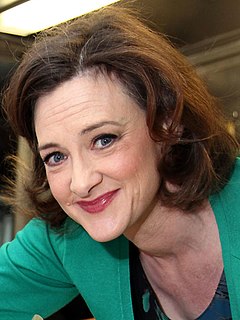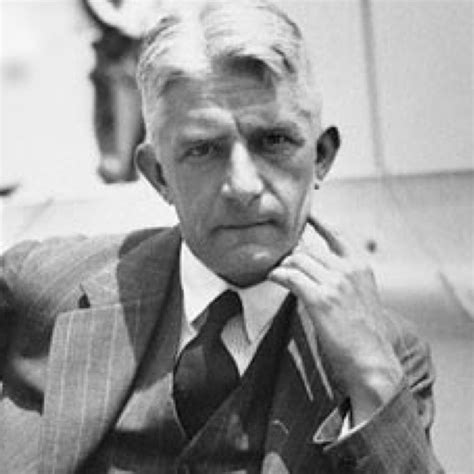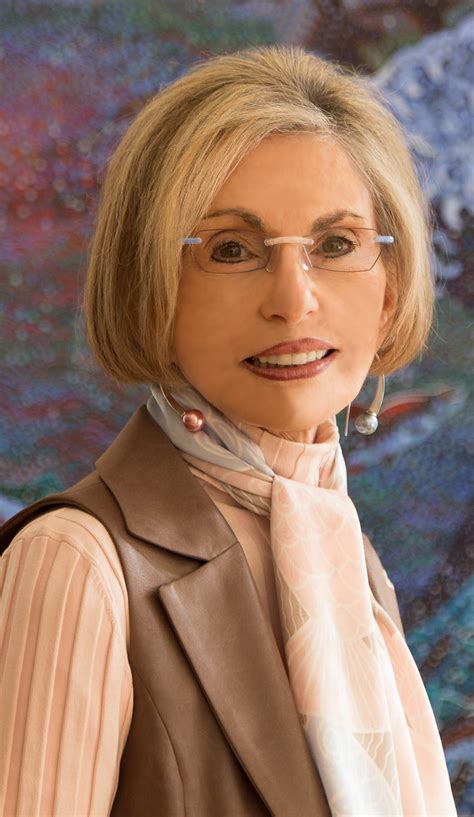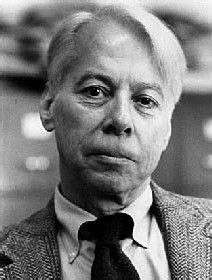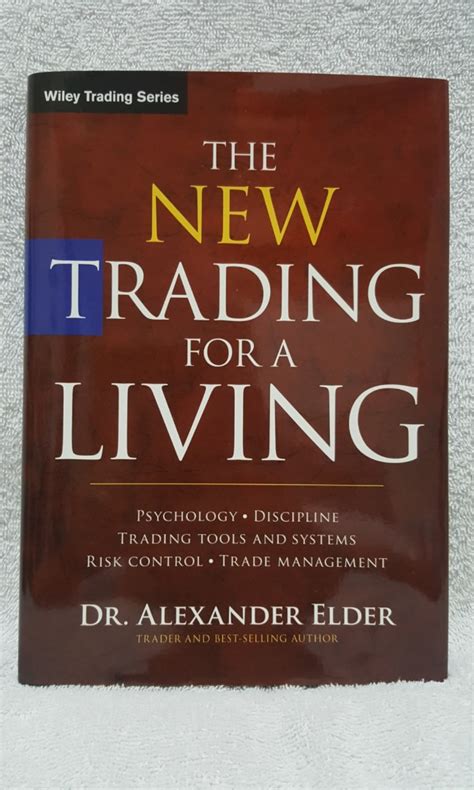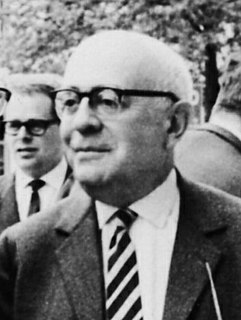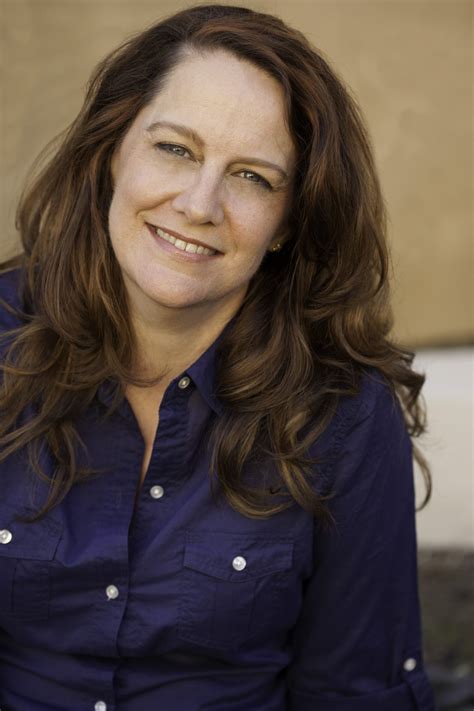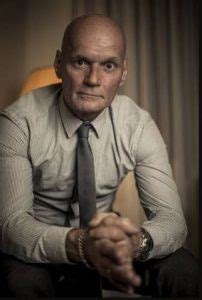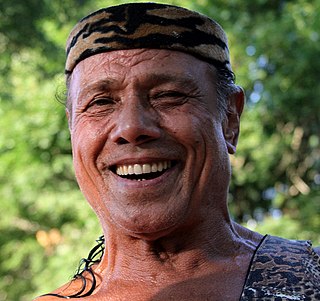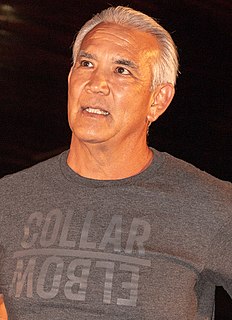Top 1200 Psychology Quotes & Sayings - Page 2
Explore popular Psychology quotes.
Last updated on September 17, 2024.
Much research in psychology has been more concerned with how large groups of people behave than about the particular ways in which each individual person thinks... too statistical. I find this disappointing because, in my view of the history of psychology, far more was learned, for example, when Jean Piaget spent several years observing the ways that three children developed, or when Sigmund Freud took several years to examine the thinking of a rather small number of patients.
I was in a pharmacy and I saw the warnings on the backs of poisonous substances, and I thought, "Well, that's what I can do." So I wrote a list of ingredients in the book, and warnings that they shouldn't consume those ingredients. The editor and the publisher thought that it was a great way to go in terms of reverse psychology, but it honestly hadn't occurred to me that it was reverse psychology. I just thought that it was sort of an honest assessment making clear that if you were timid or easily disturbed, you could turn away.
17th century philosophers were not in a position to understand the mind as well as we can today, since the advent of experimental methods in psychology. It shows no disrespect for the brilliance of Descartes or Kant to acknowledge that the psychology which they worked with was primitive by comparison with what is available today in the cognitive sciences, any more than it shows disrespect for the brilliance of Aristotle to acknowledge that the physics he worked with does not compare with that of Newton or Einstein.
In the West the whole Western tradition of religion and psychology propounds, preaches, persuades people to have strong egos - because unless you have a strong ego, how can you survive? Life is a struggle; if you are egoless you will be destroyed. Then who will resist? Who will fight? Who will compete? And life is a continuous competition. Western psychology says: Attain to the ego, be strong in it.
How should the best parts of psychology and economics interrelate in an enlightened economist's mind?... I think that these behavioral economics...or economists are probably the ones that are bending them in the correct direction. I don't think it's going to be that hard to bend economics a little to accommodate what's right in psychology.
The model of the educational Kalila Wa-Dimna. These are books of instruction to rulers and humans. The stories unfold a range of human psychology, a vast range of human psychology. The Sultan is being moved from his narrow and bigoted position into a wider, more subtle, more nuanced understanding of human experiences.
The psychology of the saver and the psychology of the investor is very closely connected with Keynes' distinction between risk and uncertainty. When the future is uncertain, he thought that a lot of saving would be directed towards securing, securing more, getting more security in the present, rather than building wealth in the future, which was the classical view, you save in order to invest, in order to consume more later on. What he had called the propensity to hoard or liquidity preference would normally be stronger than the inducement to invest.
'Freakonomics' began with a 'N.Y. Times Magazine' profile I wrote about Steve Levitt. I was working on a book about 'the psychology of money,' and since Levitt's an economist, my editor thought I'd be the guy to write about him. Fact is that Levitt has almost no interest in either psychology or money.
I think the greatest work in social psychology from the 1950s and '60s is enormously important. I wish every high school kid could take a course in social psychology. I think we're making enormous strides in understanding the brain. These aren't yet giving us great insights, but I feel like we're on the verge of it. In five or ten years this basically searching the brain is really going to change things.
There is behavioral ecology, which looks closely at the difference different ecologies make to behavior and other features of animals and humans. There's evolutionary individual psychology, there's evolutionary social psychology. In Darwin's terms, evolution couldn't exist without variation, and variation is important in behavioral genetics. And so on, and so on. There are so many instances in which evolution actually sharpens the precision, I think, with which one can find out the importance of differences. We're interested in differences as well as commonalities.
The first reason for psychology's failure to understand what people are and how they act, is that clinicians and psychiatrists, who are generally the theoreticians on these matters, have essentially made up myths without any evidence to support them; the second reason for psychology's failure is that personality theory has looked for inner traits when it should have been looking for social context.
Freud expressed the opinion-not quite in earnest, though, it seeemed to me-that philosophy was the most decent form of sublimation of repressed sexuality, nothing more. In response I put the question, 'What then is science, particularly psychoanalytic psychology?' Whereup on he, visible a bit surprised, answered evasively: 'At least psychology has a social purpose.'
Ever since I was a child I've had a passion for colors and a sixth sense and known how to use it. I started in fashion, but I got side-tracked by psychology and its color connection. I went back to school and got both my degrees in psychology, but I kept studying design. Color has an application in all of those fields.
Filmmaking isn’t if you can just strap on a camera onto an actor, and steadicam, and point it at their face, and follow them through the movie, that is not what moviemaking is, that is not what it’s about. It’s not just about getting a performance. It’s also about the psychology of the cinematic moment, and the psychology of the presentation of that, of that window.
What keeps me up at night in a negative way is, if we don't solve the problems of the human heart and of the human head, of human psychology, there is no technological solution so great that it can prevent the world that is coming, and a world of suitcase bombs or of the ability to pollute the planet in a way that it cannot recover, of global warming and the rest. We've created through science and technology a different world that has frightening sides to it, and psychology and behavioral science has to be part of this. We're going to have to find a way to humanize the culture itself.
For the West, the demonization of Vladimir Putin is not a policy; it is an alibi for the absence of one. Putin is a serious strategist – on the premises of Russian history. Understanding US values and psychology are not his strong suits. Nor has understanding Russian history and psychology been a strong point among US policymakers.’
The issue Fodor writes about is central to the psychology of perception, cognition, and action. It is the central issue for anyone who would seriously study the neurobiology of behavior: Is the mind organized horizontally or vertically or both, and what are the consequences to psychology of proceeding on one assumption or the other? This has been little analyzed and written about. Jerry Fodor has repaired that omission and had done it brilliantly.
A writer must always try to have a philosophy and he should also have a psychology and a philology and many other things. Without a philosophy and a psychology and all these various other things he is not really worthy of being called a writer. I agree with Kant and Schopenhauer and Plato and Spinoza and that is quite enough to be called a philosophy. But then of course a philosophy is not the same thing as a style.
The science of psychology has been far more successful on the negative than on the positive side... It has revealed to us much about man's shortcomings, his illnesses, his sins, but little about his potentialities, his virtues, his achievable aspirations or his psychological health... We must find out what psychology might be if it could free itself from the stultifying effects of limited, pessimistic and stingy preoccupations with human nature.
Successful trading depends on the 3M`s - Mind, Method and Money. Beginners focus on analysis, but professionals operate in a three dimensional space. They are aware of trading psychology their own feelings and the mass psychology of the markets. Each trader needs to have a method for choosing specific stocks, options or futures as well as firm rules for pulling the trigger - deciding when to buy and sell. Money refers to how you manage your trading capital.
There are some indications of how the character should behave based on the script, and then as actor makes it his or her own. I got to know one of the writers, Chris Terrio, and we were able to discuss things at length and figure out who this person is to create a real psychology behind what is, perhaps, in a comic book, a less than totally modern psychology. I can only say I've been asked to play an interesting role. A complicated, challenging person.
Investing is the intersection of economics and psychology. The analysis is actually the easy part. The economics, the valuation of the business isn't that hard. The psychology - how much do you buy, do you buy it at this price, do you wait for a lower price, what do you do when it looks like the world might end - those things are harder. Knowing whether you stand there, buy more, or whether something has legitimately gone wrong and you need to sell, those are harder things. That you learn with experience, by having the right psychological makeup.
For me, psychology and art interact and overlap in so many ways. Psychology is the study of the inner life and creativity comes from the imagination and a response to the environment, as you know. So they're both very similar in that way because it's about one's inner life interacting with the environment and what comes from that.
Well, it's not all the same, but there are a lot of parallels. I'm not sure how to answer [on psychology background], but I think when I was studying psychology I had a professor and a friend who would talk about "process" all the time. Your process, his process, the group's process. There's some carryover from that discussion to my creative work.
I have one other issue I'd like to throw on the table. I hesitate to do it, but let me tell you some of the issues that are involved here. If we are dealing with psychology, then the thermometers one uses to measure it have an effect. I was raising the question on the side with Governor Mullins of what would happen if the Treasury sold a little gold in this market. There's an interesting question here because if the gold price broke in that context, the thermometer would not be just a measuring tool. It would basically affect the underlying psychology.
...this bill will require the creation of a Federal police force of mammoth proportions. It also bids fair to result in the development of an 'informer' psychology in great areas of our national life-neighbors spying on neighbors, workers spying on workers, business spying on businessmen-were those who would harass their fellow citizens for selfish and narrow purposes will have ample inducement to do so. These, the Federal police force an 'informer' psychology, are the hallmarks of the police state and landmarks in the destruction of a free society.
We are living in a renaissance of personal writing. People are rebalancing the impersonalization endemic to modern society with an increase in personal introspection. We have enough common psychology under our belts to know that psychology doesn't explain or heal everything and that it isn't the fulfillment of awareness, but its beginning. We are undergoing a shift in paradigms in which we are trying to develop new models for humanness and human responsibility. This is no small task. Our individual lives are placed under increasing pressure to respond adequately to both inner and outer change.
One thing that you and I know is language. Another thing that you and I know is how objects behave in perceptual space. We have a whole mass of complex ways of understanding what is the nature of visual space. A proper part of psychology ought to be, and in recent years has been, an effort to try to discover the principles of how we organize visual space. I would say that the same is true of every domain of psychology, of human studies.
The psychology for the person who's actually doing it is completely different. I think I probably needed to put that [hired-hand] psychology in my own head to be able to do the job. Otherwise it would just be too scary. People outside make it much bigger than me. I'm not saying in my head, "Oh, my god, what an amazing idea!" It scares me if I would do that.
In the Germany of the l920s, the Weimar Republic, both organismic biology and Gestalt psychology were part of a larger intellectual trend that saw itself as a protest movement against the increasing fragmentation and alienation of human nature. The entire Weimar culture was characterized by an antimechanistic outlook, a "hunger for wholeness". Organismic biology, Gestalt psychology, ecology, and, later on, general systems theory all grew out of this holistic zeitgeist.






